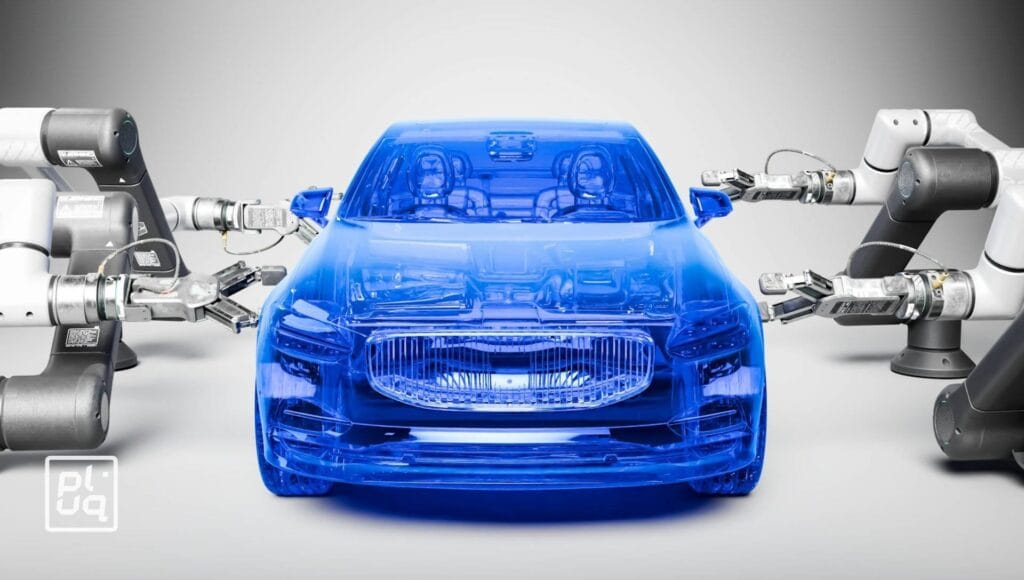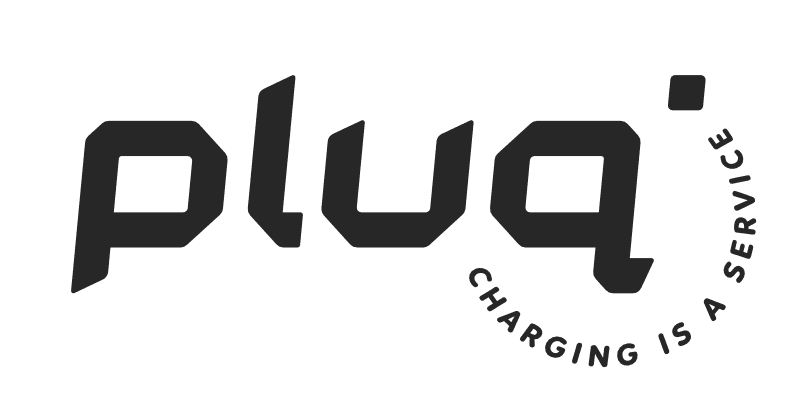Corporate mobility is going electric, and it’s not just a trend — it’s policy. Across Europe, governments are tightening ESG frameworks, removing incentives for fossil fuels, and promoting EV adoption through targeted tax measures. For companies in the Netherlands, Belgium, and Germany, one thing is clear: offering EV charging at the workplace is quickly becoming essential.
This blog examines regulations, timelines, and fiscal realities in these three countries. It shows why EV charging is an ESG opportunity to future-proof your business and boost property value.
Belgium: A de facto mandate by 2026
Belgium is taking the lead with some of Europe’s strictest reforms:
- From 1 January 2026, only electric company cars will remain tax-deductible.
- Vehicles with CO₂ emissions lose all deductibility.
- Hybrids and fossil-fuel leases are phased out, with deductibility decreasing year by year.
For corporate fleets, leasing non-electric vehicles after 2025 becomes financially irresponsible. EVs are the only logical choice.
The ESG opportunity:
- 100% tax deductibility on EVs leased before 2026
- Lower Benefit-in-Kind (BIK) for employees (just 4% of list value)
- Favorable deductions for installing charging infrastructure
Companies that electrify early position themselves as ESG leaders while keeping employees satisfied. By 2026, Belgian sites without charging risk will fall behind.
The Netherlands: Incentives are ending, but zero-emission targets stay
The Dutch government hasn’t yet mandated EV leasing, but has set a clear ESG agenda:
- National goal: 100% zero-emission new cars by 2030
- CO₂ reporting obligations for employers with 100+ staff (from 2024)
- Generous EV incentives — now being phased out
Key fiscal changes ahead:
- From 2026, EVs and fossil-fuel cars face the same company car tax rate (22% “bijtelling”)
- Road tax for EVs rises gradually until 2030
- Purchase and private lease subsidies (SEPP) end in 2025
Why act now:
- Still time to secure low-tax EV leases before 2026
- Workplace charging supports CO₂ reduction targets and reporting obligations
- Installing chargers now contributes to green building certification (BREEAM, LEED, DGNB), which can increase property value by up to 20%

Germany: No ban, but powerful tax benefits
Germany hasn’t mandated EV leases, but its fiscal system strongly favors them:
- 0.25% taxable value (BIK) for EV company cars (vs. 1% for combustion)
- No vehicle tax for EVs for the first 10 years
- Accelerated depreciation for commercial EVs (up to 40% in year one)
The catch:
- Federal EV subsidies ended in late 2023 (no more Umweltbonus)
- Companies now rely purely on tax breaks and long-term TCO savings
Why workplace charging matters:
- Companies lease most German EVs, and drivers need reliable charging
- The EU 2035 petrol/diesel ban means electrification is irreversible
- Charging infrastructure strengthens ESG reporting and helps qualify for green building certifications
From Obligation to Opportunity
Across Europe, EV adoption is accelerating and charging infrastructure is the critical enabler.
When companies install EV charging:
- Employees save time and money
- You attract eco-conscious talent
- CO₂ emissions drop, strengthening your ESG score
- Your brand earns credibility as a clean, modern employer
- Properties qualify for green building certifications, boosting asset value
And with Pluq’s Charging as a Service model, companies in Belgium, the Netherlands, and Germany can offer charging with zero CAPEX and OPEX. We cover investment, installation, and maintenance — you benefit from ESG compliance, higher tenant/employee satisfaction, and long-term value creation.
Conclusion
What once looked like a regulatory burden is now a strategic lever. EV charging transforms ESG compliance into an opportunity — helping companies secure tax advantages, achieve certification premiums, and strengthen both fleet strategy and real estate value.
Don’t wait for mandates. Stay ahead.
EV Charging and ESG Compliance: From Obligation to Opportunity.

